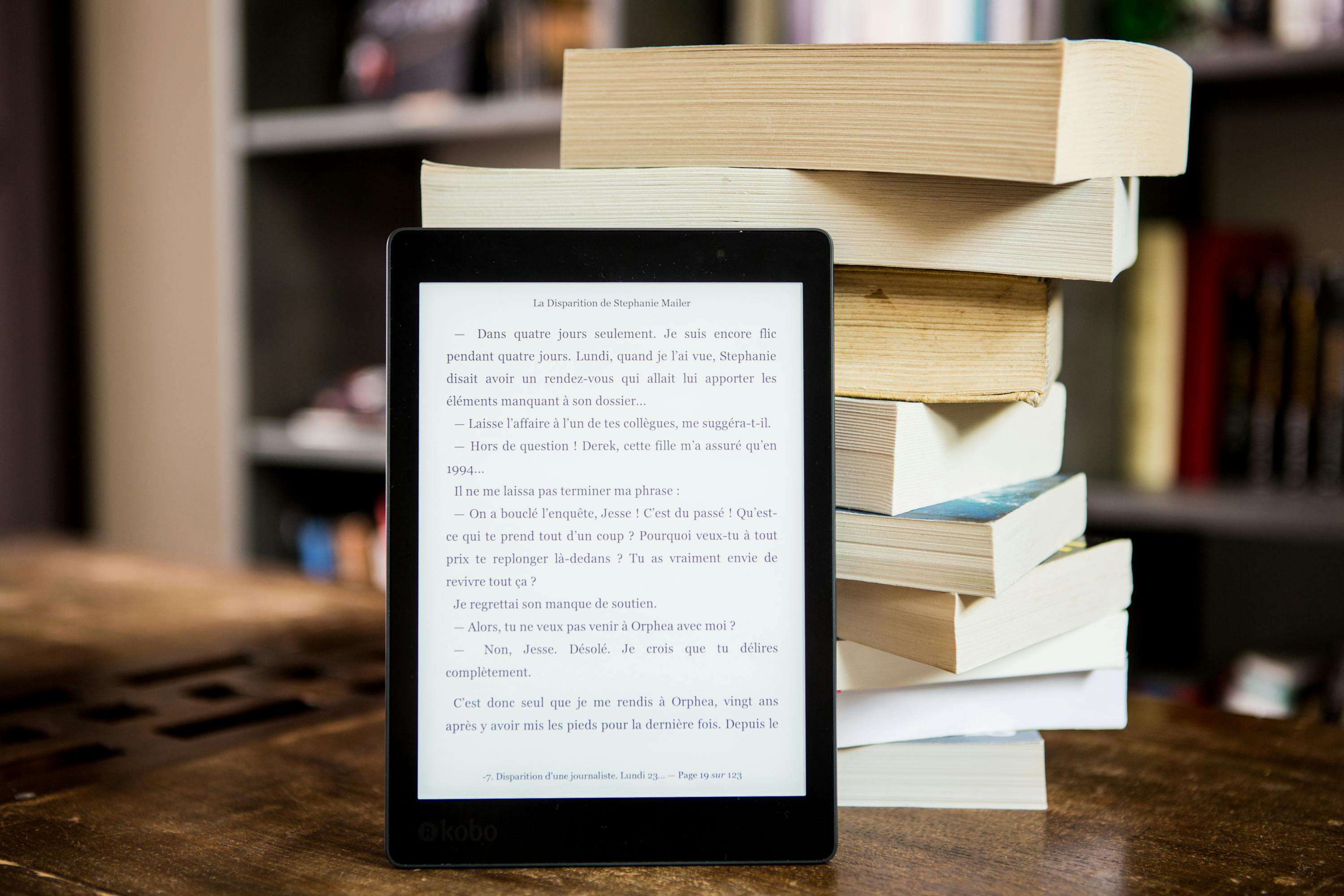The Profound Intersection of Social Media and Mental Health
The digital age has transformed how we communicate, connect, and perceive the world around us. The rise of social media platforms has been a significant driving force behind this shift, embedding itself deeply into our daily lives. But how does our virtual existence on these platforms impact our mental health? Read below to delve deeper into this intricate relationship.

A Brief History of Social Media and Its Societal Impact
The advent of social media platforms in the early 2000s marked a turning point in human communication and connection. Platforms like Facebook, Instagram, and Twitter became a digital meeting place, a platform to share ideas and experiences, and a source of news and entertainment. Their influence soon spread beyond personal interactions to impact politics, business, and culture.
The Contemporary Landscape: Social Media and Mental Health
As social media usage soared, researchers began to notice a concerning trend: a correlation between social media use and mental health issues. Studies have found that excessive use of these platforms can lead to anxiety, depression, loneliness, and a negative body image. Despite these risks, the addictive nature of social media and the fear of missing out (FOMO) keeps many glued to their screens.
Unraveling the Complex Relationship
The relationship between social media and mental health is complex, driven by both the positive and negative aspects of these platforms. On the one hand, social media provides a space for self-expression, relationship-building, and access to supportive communities. On the other hand, the pressure to maintain a perfect online persona, cyberbullying, and the comparison trap can lead to mental distress.
The Societal Ramifications: An Era of Digital Well-being
The growing awareness of the potential mental health risks associated with social media use has led to an increased focus on digital well-being. This shift is evident in the introduction of features like screen-time limits and anti-bullying tools on social media platforms. However, navigating this new landscape requires a collective effort to promote responsible use and build resilience in the face of online pressures.
The Road Ahead: Balancing Connection and Well-being
As we move forward, it is imperative that we understand and negotiate the delicate balance between the benefits of social media and its potential pitfalls. This involves not just individual efforts, but also proactive steps by social media platforms, educators, parents, and policymakers. Only then can we fully harness the power of social media without compromising our mental health.
This exploration into the intersection of social media and mental health is a testament to our evolving digital society. It underscores the importance of staying informed and adaptable in the face of rapid societal change. As we continue to navigate this interconnected world, let’s strive to create a digital space that fosters connection, expression, and well-being.




